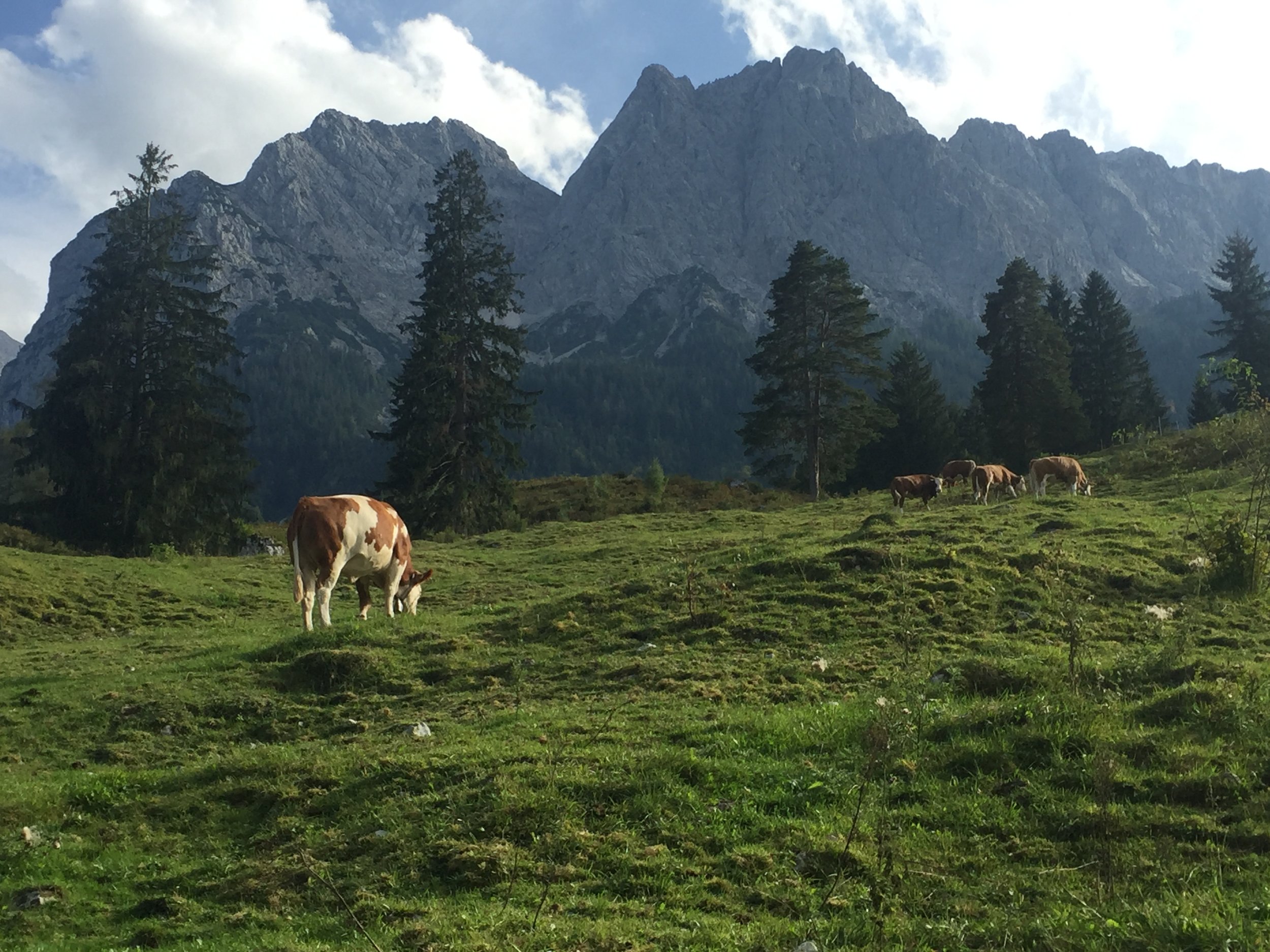“The Way It Is”
There’s a thread you follow. It goes among
things that change. But it doesn’t change.
People wonder about what you are pursuing.
You have to explain about the thread.
But it is hard for others to see.
While you hold it you can’t get lost.
Tragedies happen; people get hurt
or die; and you suffer and get old.
Nothing you do can stop time’s unfolding.
You don’t ever let go of the thread.
– William Stafford –
I was captivated this week by the most recent episode of the podcast, This American Life. Specifically, a segment featuring the magicians Penn and Teller describing their process of developing a new trick. Teller, the conspicuously silent partner, has fallen in love with the idea of recreating a classic floating ball and hoop routine. Penn is less enthusiastic, as in not at all. As Teller works and works to make the trick worthy of their show by the standard they have agreed to over 40 years of collaboration he falls short time and again.
A breakthrough comes when they agree that the way to make the trick compelling to both themselves and their audience is to let the audience in on it from the very beginning. The trick begins with Penn’s announcement: “The next trick is done with just a piece of thread.” And off goes Teller, beautifully and brilliantly manipulating a ball with nothing more than a piece of thread.
What Penn and Teller understood and acted upon – after years of work on one specific illusion – is what William Stafford implores us to do in the poem above: “You have to explain about the thread.”
I am often in a position to do exactly that. In the classroom or at a speaking engagement I am frequently asked about my own thread. Why do I do what I do? How did I get started? What are the steps I took from there to here? I always respond in the same way, that I knew exactly what I was supposed to do with my life when I was 17 years old. A bright red thread emerged through my experiences in musical performance and student leadership. I was intuitively aware that the abilities developed and practiced in those early settings were the strengths I would call on throughout my adult life. I held onto the thread through the first few years of college but lost it completely once I had to marry my intuitive sense of it to the harshly practical world of “knowing what you want to do with your life.” I didn’t know how to manifest my nascent understanding of my thread into a next step. And I was too afraid to explain about the thread. I wasn’t willing to say, “This is my thread. I don’t know much about it but I do know a few important things, not least of which is that it’s mine. Will you please help me figure out where it leads?”
Instead, I let it slip away. As it turns out, it did not let go of me. We played peekaboo on occasion, a flirtation here and there, but it took over 10 years and an extraordinary confluence (aka, the thread working hard behind the scenes) of people and events to land me in front of a classroom of aspirational leaders. The specifics of that first class are hazy because my memory is dominated by the aliveness I felt at having my hands on the thread once again.
Most recently, my thread has led me to the college classroom and the opportunity to teach and mentor undergraduate students. The thread has a solid sense of humor. It says, “You struggled to claim me as your own. Others struggle, too. Here is your chance to help a few people struggle a little less, to find the thread a little earlier, and to gain the confidence and declare their commitment to hang on.”
There is no “magic.” There is finding your thread and there is holding onto your thread because “while you hold it you can’t get lost.” There is demonstrating to all who cannot see it that what looks like magic is just your commitment to trust where it will lead. Sometimes, like Teller performing for a full house, we hang on with artistry and elegance. Sometimes, like Teller in the early days of practice, we hang on in spite of our fumbling because our curiosity compels us to learn where it wants to go. And sometimes we don’t hang on at all. But it is there, waiting to dispel the illusion that we can find our way without it.
What is your thread? Where is it leading?
Who have you explained it to? Who have you asked for help?
What makes it hard to hang on?
Is there someone whose thread confuses you?
Will you listen to them explain about the thread?
For further reading, here’s another reflection on “The Way It Is” by Parker Palmer.
DAVID BERRY is the author of “A More Daring Life: Finding Voice at the Crossroads of Change” and the founder of RULE13 Learning. He speaks and writes about the complexity of leading in a changing world.









